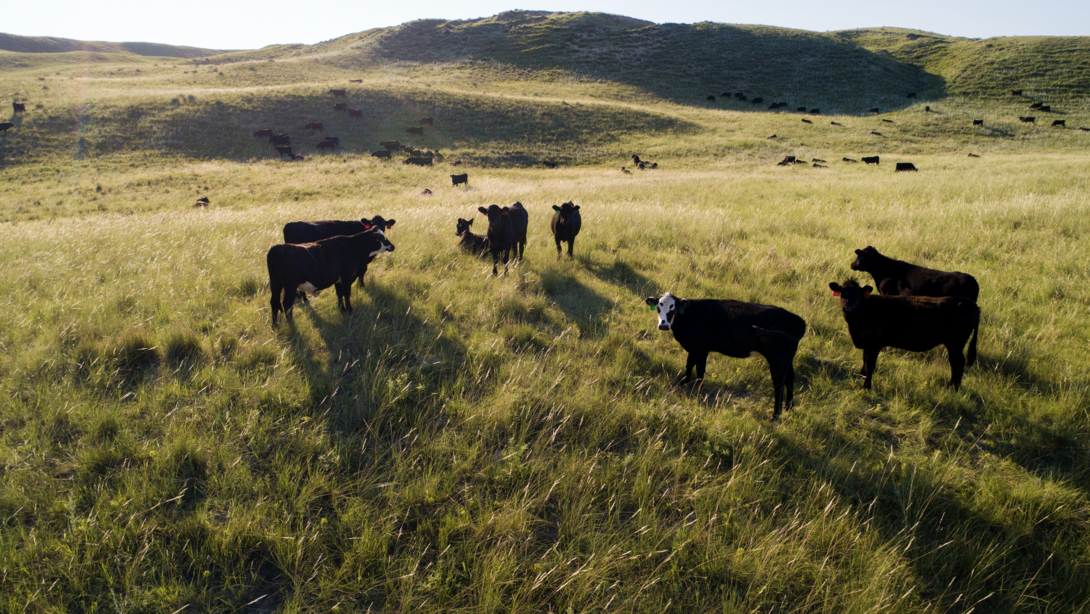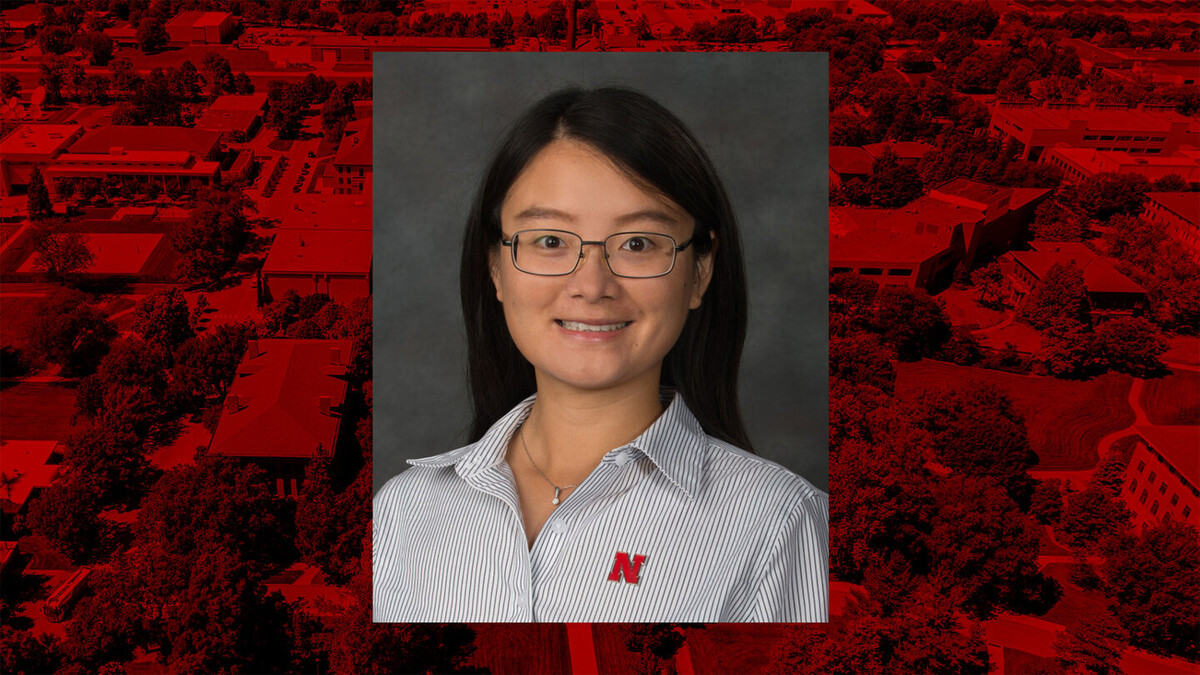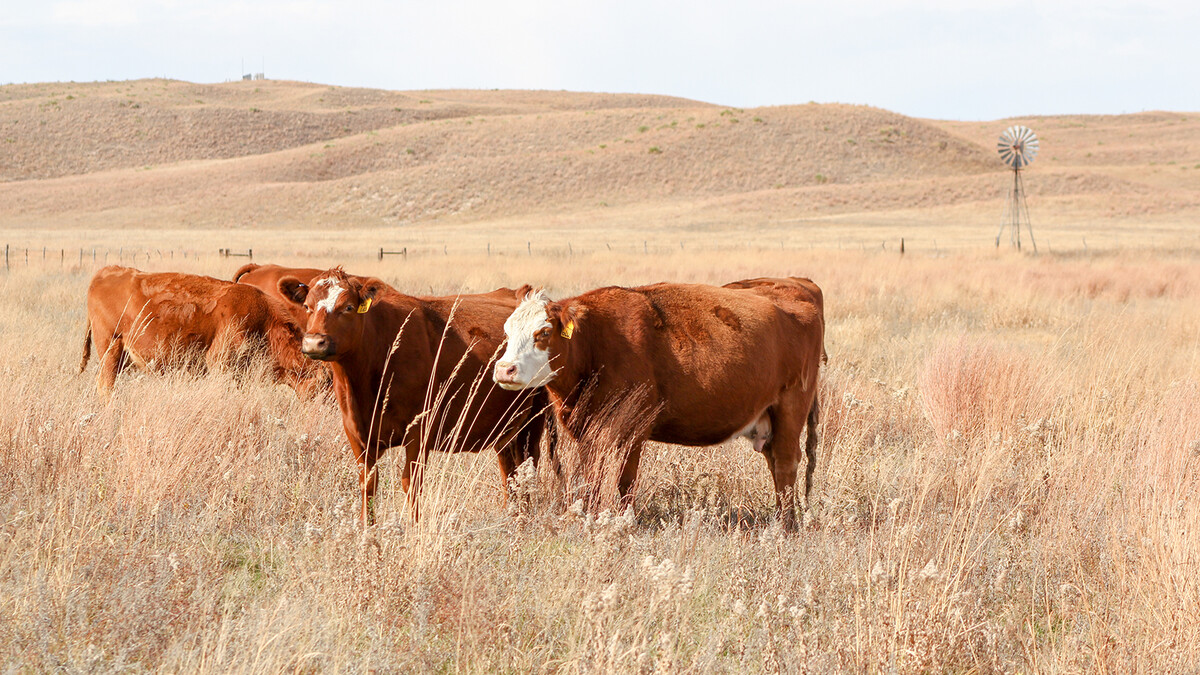
Lincoln, Neb. —The University of Nebraska-Lincoln Extension will host the 2020 Calf Health Management on Arrival webinar series. The webinars will take place weekly beginning on Aug. 18.
The Calf Health Management on Arrival webinar series is designed to highlight management strategies relative to biocontainment, stress mitigation, nutrition, and treatment options that will set calves up for success. Each session will feature a presentation from an industry expert and a segment featuring a veterinarian or producer perspective.
Each webinar will begin at 12:30 p.m. Central time. Dates are Aug. 18, Aug. 25, Sept. 1 and Sept. 8.
Topics and speakers are as follows:
- August 18, Biocontainment
- Systems approach to maintaining health in high-risk calves, Dr. John Groves, DVM, Livestock Veterinary Service, Eldon, Mo.
- Penning order and morbidity outcomes, veterinarian/producer perspective
- August 25, Stress mitigation
- Arrival health programs for high-risk calves, Dr. Dan Thomson, animal science department head, Iowa State University
- Handling procedures that reduce arrival stress and promote health, veterinarian/producer perspective
- September 1, Nutrition
- Role of nutrition in health maintenance of calves, Dr. Clint Krehbiel, animal science department head, University of Nebraska-Lincoln
- Feeding programs on arrival, veterinarian/producer perspective
- September 8, Treatment options
- Limitations of remote drug delivery devices (dart guns) for cattle health management, Dr. Brian Vander Ley, DVM, Great Plains Veterinary Educational Center, Clay Center, Neb.
- Beef quality assurance, veterinarian/producer perspective
“Management of nutrition and health for calves on arrival is one of the most important decisions for ensuring positive outcomes for beef production,” said Clint Krehbiel, UNL animal science department head. “Participants will learn from scientists who are passionate about their success and the health and well-being of beef cattle.”
Those who are interested in registering for one or more webinar sessions may do so online at rb.gy/avsfqo.There is no cost to participate in this webinar series.







